Smart locks are revolutionizing home security. These high-tech devices offer convenience, control, and enhanced protection for homeowners. Unlike traditional locks, smart locks use digital credentials such as key fobs, smartphones, or biometric data to grant access, providing increased security. With remote access, real-time notifications, and robust integration capabilities, smart locks deter potential break-ins and allow homeowners to monitor their properties proactively. This blog explores the essential security features of smart locks, their role in deterring break-ins, their convenience, and how to choose the right smart lock for your home.
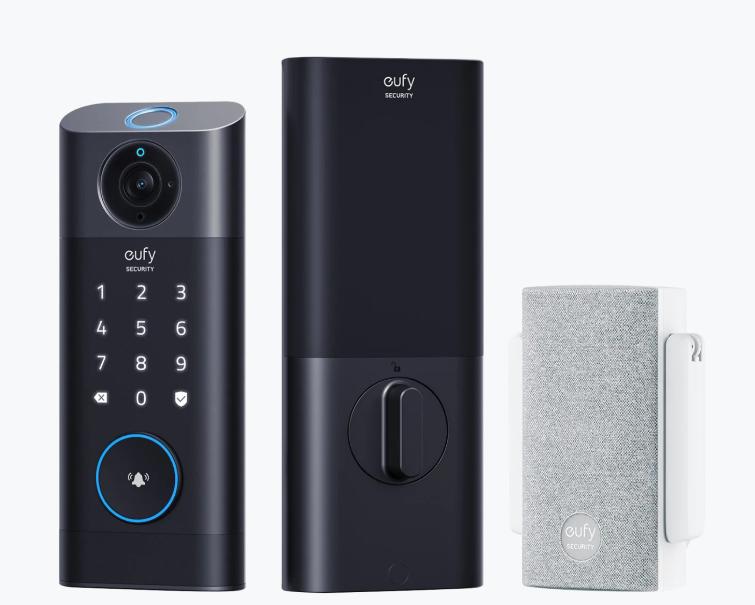
What Are Smart Locks?
Smart locks are advanced locking systems that use digital technology to secure homes. They replace traditional key-based locks with electronic control systems, allowing users to lock and unlock doors through a smartphone app, biometric sensor, or a customizable PIN code. They often integrate with home automation systems, enabling remote access, real-time monitoring, and seamless control over who can enter the home. These locks connect to the Internet or local networks, making it possible to manage access to your home from anywhere. Smart locks come in various designs, compatible with different types of doors, offering enhanced functionality without compromising aesthetics.
Key Security Features of Smart Locks
Remote Access Control
Remote access allows homeowners to operate their locks from any location. Using a smartphone app, you can lock or unlock your door, see who’s entering, and manage access permissions, providing added convenience and security.
Biometric and Keyless Entry
Biometric systems in smart locks use fingerprints or facial recognition for entry, eliminating the risks of lost or copied keys. Keyless entry options, such as PIN codes, also reduce vulnerabilities associated with physical keys.
Customizable Access Codes
Smart locks support creating multiple access codes for different users, which can be easily changed or revoked. Temporary codes for guests or service personnel enhance security and flexibility, ensuring no one keeps unauthorized access beyond their need.
How Smart Locks Deter Break-Ins
Tamper Alerts and Notifications
Smart locks send real-time alerts when tampering efforts are detected, allowing homeowners to respond quickly. These notifications can be sent to your smartphone, ensuring you’re always aware of potential security threats.
Automatic Locking Mechanisms
Automatic locking ensures doors are secured even if you forget to lock them manually. Smart locks can be programmed to lock automatically after a certain period or when you leave the premises, further enhancing security.
Integration with Security Systems
Smart locks can integrate with broader security systems, including cameras and alarm systems. This integration allows for synchronized responses to potential threats, such as activating alarms or recording suspicious activities when the lock is tampered with.
Everyday Convenience That Enhances Safety
Granting Temporary Access to Guests or Workers
Smarts locks enable homeowners to grant temporary access to guests, workers, or delivery personnel. This feature ensures that once temporary access is no longer needed, the permissions can be revoked to maintain security.
Monitoring Entry Logs for Better Control
Entry logs provide a detailed history of who accessed your home and when. This feature helps in monitoring activities and identifying any unauthorized access attempts, thereby improving control and security.
Voice Assistant and App Integration
Integration with voice assistants like Amazon Alexa or Google Assistant adds another layer of convenience. Homeowners can lock or unlock doors using voice commands or control their locks through dedicated mobile apps, making the control process seamless.
Comparing Smart Locks vs Traditional Locks
Security Reliability
Smart locks offer enhanced security features, such as tamper alerts and biometric access, which traditional locks lack. They provide more layers of protection, making it harder for intruders to bypass.
Flexibility and Control
Smart locks offer greater flexibility and control over access management. Unlike traditional locks, which rely on physical keys, smart locks allow real-time control, customized access, and monitoring, significantly improving overall security.
Choosing the Right Smart Lock for Your Home
Consider Lock Type and Door Compatibility
Ensure the chosen smart lock is compatible with your door type and fits well with your existing hardware. Some smart locks require specific door thickness and existing lock setups for proper installation.
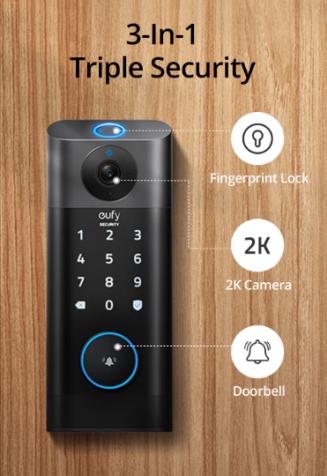
Look for Trusted Brands and Certifications
Choosing smart locks from reputable brands with good reviews and security certifications ensures the product’s reliability and effectiveness. Trusted brands often provide better customer support and regular software updates for improved security.
Check Battery Life and Backup Options
Consider the battery life of smart locks, as some models require frequent recharging or battery replacement. Look for locks that offer backup power options or alarms indicating low battery to prevent unexpected failures.
Conclusion
Smart locks significantly enhance home security by offering advanced features such as remote access, biometric entry, and real-time alerts. They provide flexibility, convenience, and robust protection against break-ins, outperforming traditional locking mechanisms. By integrating with other security systems and offering detailed entry logs, smart locks ensure greater control and peace of mind for homeowners. When choosing a smart lock, consider compatibility, brand reputation, and battery life to find the best fit for your security needs. Embracing smart locks is a smart step towards a safer, more secure home.


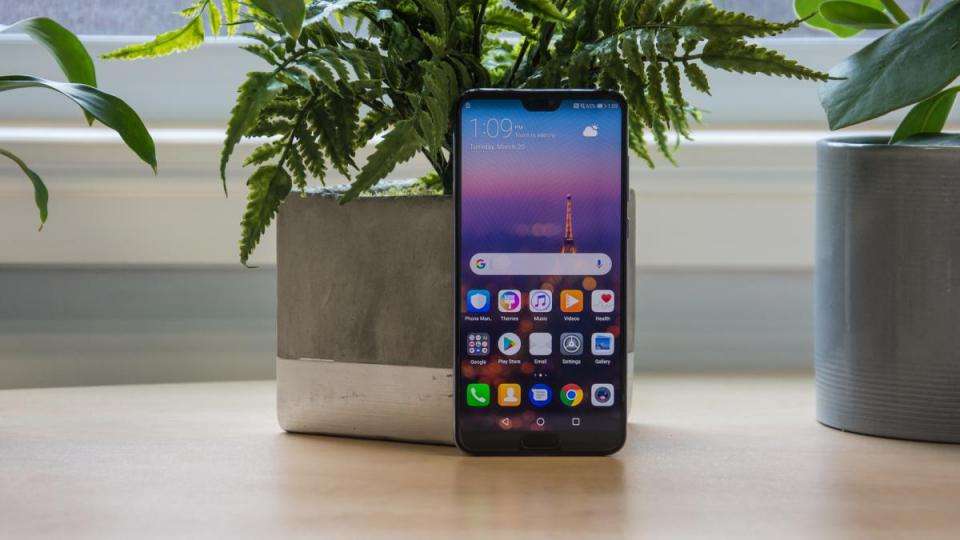
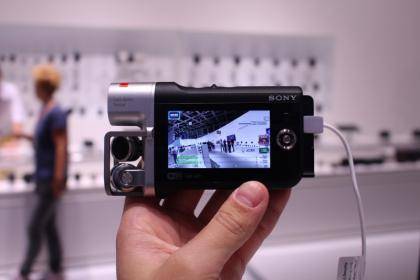

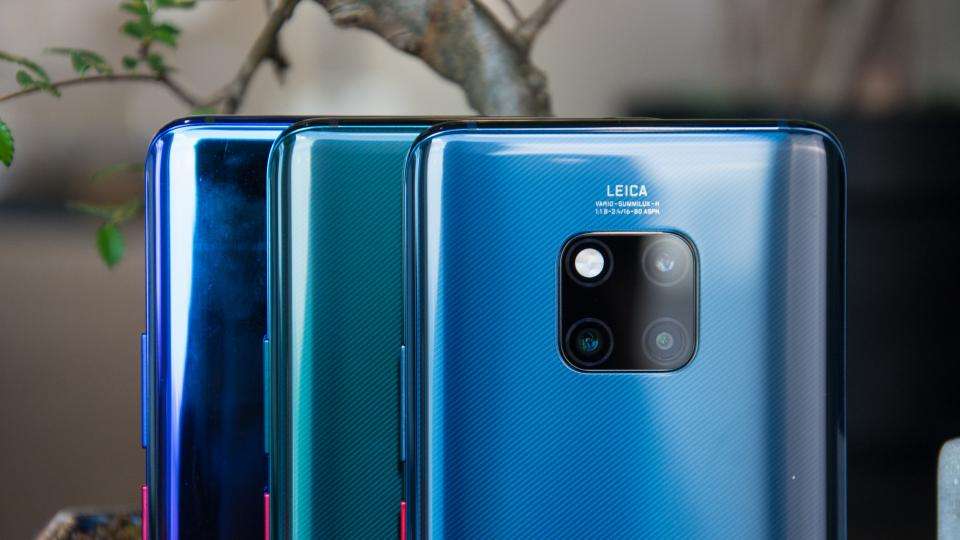
Leave a Reply